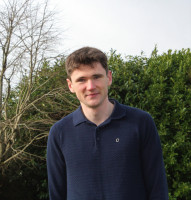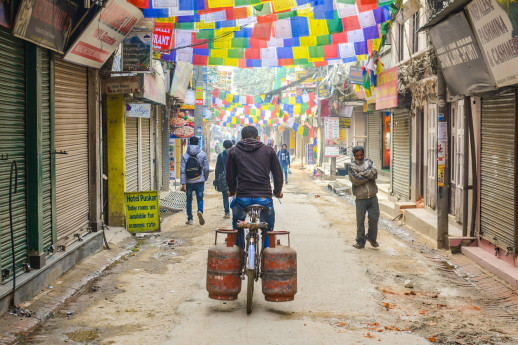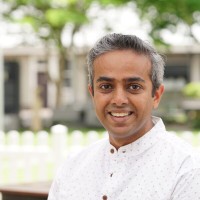Societal Challenges
Economics & Global Development
Informal Economy
Social Protection
Inequality & Poverty
Social Cohesion & Community Building
Post-Doctoral Fellowships
Ireland
2021.05.31
Towards More Secure and Sustainable Livelihoods in the Urban Informal Economy
More than three-quarters of adults living in Africa’s urban centres earn a living from the informal economy – defined by economic activities that are unregistered and unregulated but not otherwise illegal – and, of that number, more than half are self-employed. Compounding the economic precarity of those working in the informal economy is the fact that many, if not most, also live in informal communities (or ‘slums’), effectively disqualifying them from most mainstream government and commercial support systems. Even microfinance, which has been one of the most heralded inclusion-focused social innovations of the twenty-first century, is available to only a tiny fraction of people in Africa. The almost half-a-billion people that live in slum settlements in Africa are not only economically disenfranchised but also experience social, political, and cultural disenfranchisement.
Existing outside the welfare structures of the formal economy, which include financial services, commercial insurance, and social welfare, means that those in the informal economy must develop other kinds of ‘safety nets’. Typically, this ties neighbours, friends, and extended families into complex webs of interdependence characterised by high levels of economic solidarity. If anyone within this network should experience a ‘shock’ of some kind, they will, in principle, be able to rally support to enable them to weather such crises. It has been repeatedly noted that the role of informal social protection in providing economic security to those in the informal economy has to be better recognised. This is especially true of slum contexts, where kinship ties are usually upended by urbanisation and where the stock of social capital that people have at their disposal is considerably lower.
In his AXA fellowship, Dr Philip O’Donnell will address a specific and important gap in extant literature by investigating how informal welfare structures, meaning social arrangements that help people overcome acute economic crises, support subsistence level entrepreneurship in slum communities. Specifically, his research will focus on the case of informal micro-entrepreneurs that live and operate in slum communities and will explore the link between social relationships and enterprise resilience. This will cover the possibility that entrepreneurs derive more than just a baseline measure of financial security from informal welfare structures– other forms of benefits, including the pooling of labour, expertise, and market information, will also be considered.
Dr O’Donnell will collect data for this study through an ethnographical approach in one of the largest and most economically deprived slum communities in East Africa, the Mukuru slum in Nairobi, Kenya. The use of immersive, qualitative methodologies, which have so far been under-utilised in this area of study, will yield granular, contextualised details that will allow us to understand the patterns of interpersonal reliance central to this problem.
During the eight weeks of fieldwork in Mukuru, Dr O’Donnell will interview informal micro-entrepreneurs who live and work in the locality, representatives of NGOs with a local presence, and other community leaders. Through these channels, he will gain not only access to organised welfare structures like roundtable banking groups, rotating savings and credit associations, and NGO-backed support services but also direct insights into the organic support arrangements within which entrepreneurs are embedded, including those rooted in kinship networks that stretch back to those entrepreneurs’ ancestral homes.
Developing a better understanding of the role and efficacy of these arrangements is essential to the task of cultivating more sustainable livelihoods for the urban poor. Formal welfare structures work best when they complement and reinforce, rather than supplant, informal welfare structures, but this can be achieved only when the gaps – and the strengths – of informal welfare structures are well understood. By investigating how informal, improvised supports work and where they fail, Dr O’Donnell wishes to equip policymakers with the contextualised insights required for the development of effective livelihood supports for entrepreneurs in slum communities.
April 2022
Learn more about Philip O'Donnell's research project

Philip
O'DONNELL
Institution
Dublin City University
Country
Ireland
Nationality
Irish
Related articles
Finance, Investment & Risk Management
Societal Challenges
Inequality & Poverty
Banking & Financial Institutions
Investment & Assets Management
Social Justice & Equity
AXA Project
The Role of Financial Institutions in Mitigating Rising Economic Inequalities
Inequalities have far-reaching consequences, including impeding human capital development, eroding social cohesion, exacerbating polarization, increasing vulnerabilities in the financial sector,... Read more
Organisation for Economic Co-operation and Development
(OECD)





